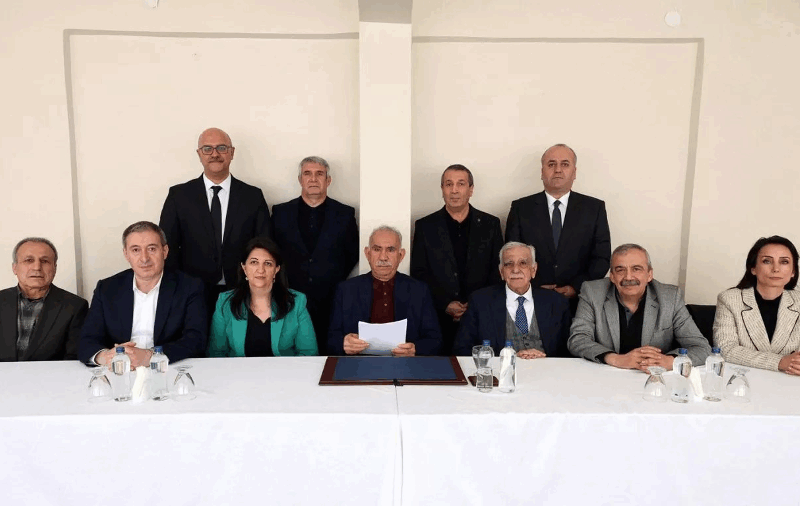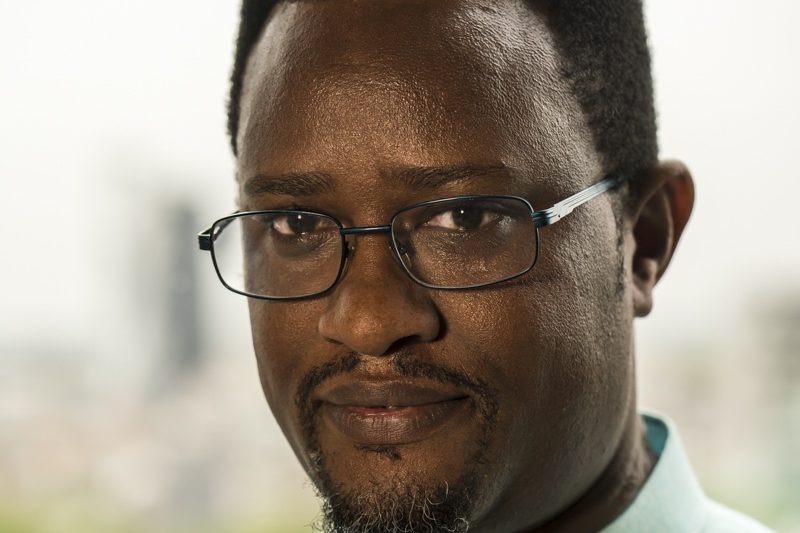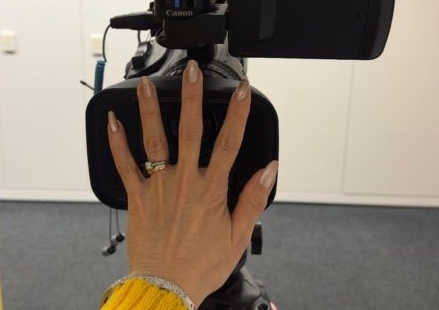Palestine: Fleeing home to save her life (2)
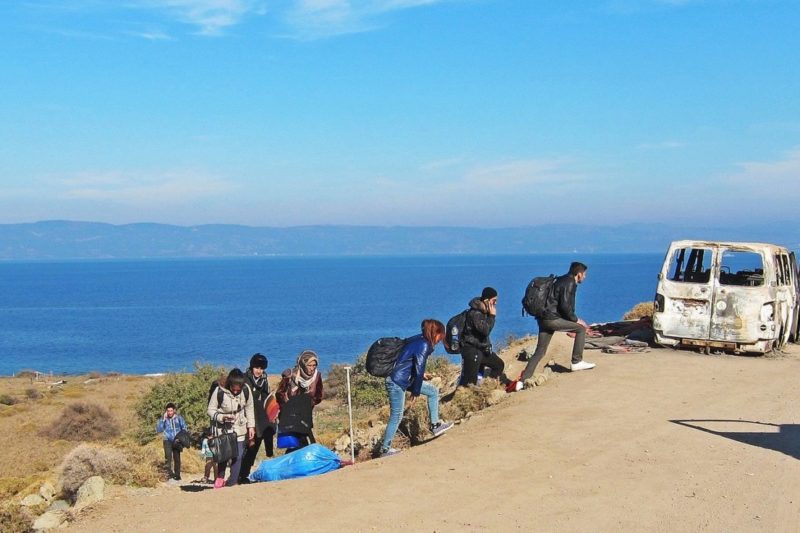
Omayma Masoud, a journalist with more than 20 years’ experience, was forced to leave her native Palestine after being threatened by Hamas. Forced by the Hamas movement to become its spokesperson, she chose to flee over being forced to do the unacceptable. Having dedicated her life to journalism and the fight for women's rights she knew at that moment, by the commitments to those values, she had just signed her own death warrant. In the second part of her story, she describes the struggle to cross into Egypt and her complicated journey to Turkey.
The trip from Rafah border crossing to Cairo usually takes about seven to eight hours but it took us 17 hours, from 10 in the morning to 3am the following day.
I counted 64 Egyptian army checkpoints on the way. At each checkpoint, the car stopped and waited for a long or short period of time. The bags were thrown on the ground and searched, then the passengers had to get out to refill the bags and load them back into the car, or on top of it, and wait again to be granted permission to pass. Yes, that terrible scene was repeated 64 times until we reached the Qantara checkpoint, where the waiting was the longest and the inspections the most thorough.
I met Yahia again on the ferry crossing the Suez Canal. His face lit with life and his eyes shone with hope and great enthusiasm. He smiled at me and said happily: “I have made it; I was lucky to get through.” It was only the first step, and so he took a big breath filling his chest with the cool breeze of the night and continued: “I can see my dream of a good life coming true soon. I am going to Europe.”
The ‘other Omayma’ was a 20-year-old from Khan Younes city, in the south of the Gaza Strip, in her third year of university, studying dentistry. She was very beautiful with big, sad, black eyes and a heart-touching smile. Her family’s neighbour is a senior commander in a military faction of the Gaza ruler. The commander’s son was an ignorant lousy loser who fell in love with the girl and wanted to marry her despite her refusal. To force her family to agree to the marriage, her father and two brothers were arrested for collaborating with the enemy. Such an accusation is serious treason and a disgrace to the whole family.
She pretended to accept the marriage to set her father and brothers free, but she planned her escape very well, and here she was, trembling like a frightened bird in front of the hunter’s gun. She rested her head on my shoulder and kept saying: “If something wrong happens to my family, I’ll never forgive myself. Why should it be either my life or theirs? It is not fair.” I woke her up when we arrived at the hotel that I was supposed to stay in. I said goodbye and never saw her again.
As if I was hypnotised, I completed my travel procedures and flew to Istanbul.
You must be Palestinian, and especially Gazan, to be able to understand the feeling of waiting in long queues in front of passport counters at airports. Feeling afraid of being denied entry to the country for no reason other than being Palestinian. The nationality that is born a crime.
The Turkish officer stamped my passport, smiled at me, and said: “Welcome to Turkey.” Had I heard right? Was it true? Yes, I had made it.
A stab of pain hit my heart and dug a deep path through my mind and soul. It opened a secret door wide to the past and the present, to begin together an outer and inner journey towards the unknown.
Biting the smugglers’ hook
Aksaray is located within the Al-Fateh district in the European section of the Turkish city of Istanbul. It was one of the most frequently visited areas by all those who dreamt of immigration to Europe, and I was to be one of those dreamers.
I chose a very cheap hotel a few steps away from Aksaray square where the main Metro station was, the Arab street, Historia Mall and the Pertevnyal Mosque with its Ottoman architecture. But most importantly for me was that it was the underworld area of Istanbul where gangs deal in smuggling of all kinds; drugs, weapons, money and people. And I was to be one of those people.
It may seem dangerous and yes, indeed, it is very dangerous, but it was easy in the beginning. It was enough for me to sit in a cafe and order a cup of coffee in Arabic or in English with an Arabic accent. Almost at once, everywhere I went, I would be approached by workers or customers with smiles, greetings would be exchanged, then the most repeated three questions: ‘Which European country do you want to go to?’; ‘do you want to go by sea or land?’; ‘would you like to know our offers?’. They all tried to sell the journey to me as if it was a piece of cake. I fell for it though. I bargained and got my deal; going from Turkey to Greece by land – two words fooled the naïve, and I was one of those – and from Greece to Belgium by plane.
They asked for 8,000 euros, and to ensure that I swallowed the bait completely they asked me to deposit the money in one of the exchange offices scattered there with a secret code that I did not give to the smuggler, so they didn’t get the money until I reached my destination.
They did not give me any more details, but they told me that the big man behind it all, named Al-Khal, was a kind man who would explain the details an hour before the group set out on its journey.
I still remember very well the moment that made my heartbeat race and not calm down until a month later.
It was hearing Alaa – the young Egyptian man whom I had met at the hotel and turned out to be a road companion – saying that I should move immediately. I carried a small backpack filled with a bottle of water, some dates, paper napkins and a small bottle of perfume that accompanied me during the darkest moments.
I saw a few people waiting outside for us and we all walked from one street to another, then we entered a building that had an ordinary façade, while the interior told a miserable story: torn bags and clothes, empty cans and garbage filled the stairs leading us up to the fourth floor. We entered an apartment which was a gathering point. A nasty smell hit me, and a wave of shivers swept my body from head to toes.
A massive dark man with a huge belly sat on a dilapidated sofa in the middle of the entry hall. The floor was covered with flies gathering over leftover food.
He was Al-Khal: the big man to give details and orders. He shouted, calling everybody to come. I saw many young men and women coming out from many rooms to stand in front of him silently and listen carefully to every word. He told us to make sure we had lots of bread, water, cigarettes, and cans of food on us. I wondered why we would carry all that; they told me earlier it was only four hours walking, then the cars would arrive to pick us up and head for the depths of Greece. I found out later that that was a hilarious lie.
At that point I met Jalal, a 28-year-old Palestinian who was born and had lived all his life in Al Yarmouk refugee camp in Damascus, Syria. His grave crime was that he was a Christian. In 2012, when ISIS took over most of the camp, his father and mother were slaughtered in front of his own eyes. A survivor, but traumatised, he was among the 2,000 people who were evacuated on 6 April 2012 from Al Yarmouk to end up in a refugee camp in Jordan. Jalal believed in a journey leading him to justice and peace to comfort his restless soul.
